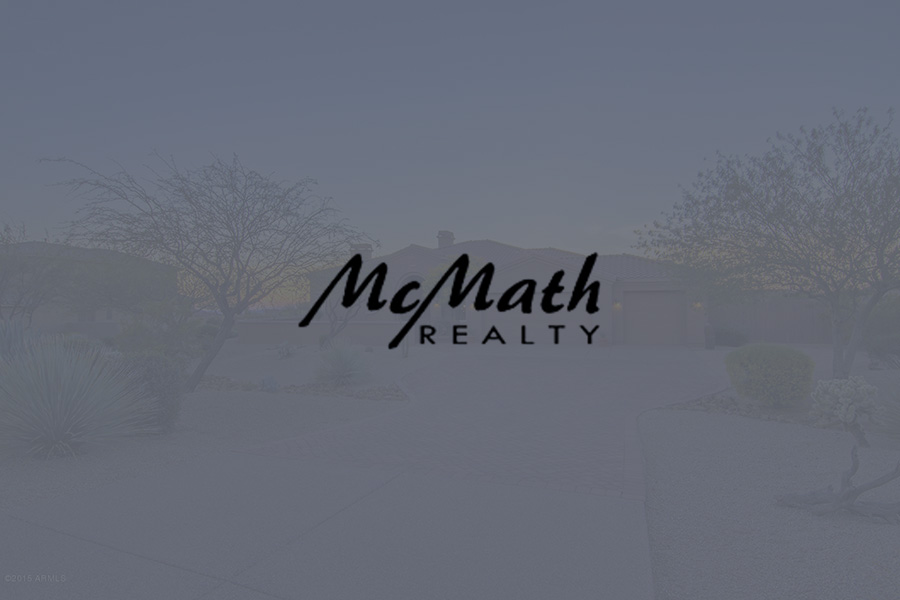Most landlords get into the business to earn money. There’s nothing wrong with that, but you do have to remember not to lose sight of the people who are involved in your business venture. When you look at your tenants, you shouldn’t see dollar signs in their eyes. This is, of course, a matter of human kindness, but it is also good for your business in the long run. Tenants appreciate a landlord who is considerate to them, and they will want to stay in your unit if you treat them well. What exactly does that entail? To find out, check out part one of this series on seven ways to be a great landlord.
Be Up Front and Clear with Tenants
You can start off your lease on the right front by being up front and clear with your tenants. The best way to eliminate any confusion or hard feelings is to use a thorough lease agreement that clearly spells out the rules and expectations. You can find a standard lease agreement online for free, but it won’t address the specific circumstances of your rental property. Instead, you should use a lease agreement that is tailored specifically for your property and your expectations of the tenant. Beyond stating the amount of the rent and when it is due, the lease should spell out any rules for tenant behavior, the procedures involved in handling maintenance, late payment fees, rules about pets, and anything else that you want your tenant to know. As you gain experience as a landlord, you realize that there are things that you need to tell clients in the lease that you never thought you would have to say. For example, you should state in the lease that the rent payment will only be accepted in the form of electronic payment or check; tenants have been known to attempt to pay the rent in loose change. It may seem like overkill to detail every possible scenario in the lease agreement, but it actually makes things much simpler. If the client has an issue later on, you don’t have to explain your decision or argue about it; simply refer them to the lease agreement that they signed.
Get to Know Your State’s Laws
There are laws in each state that govern the rights and responsibilities of landlords and tenants. These laws specifically address things like rent, security deposits, and eviction procedures. As a landlord, it is your responsibility to make sure that you know and understand the laws in your state. You can obtain a copy of these laws on your state’s Department of Housing website. If you don’t know the laws, you could unintentionally violate the rights of your tenant. This could lead to a lawsuit or a terminated lease.
In order to be a great landlord, you need to know what responsibilities you have to your tenant. In turn, your tenant needs to know the responsibilities involved in renting your property. The best way to establish a good relationship with your client and avoid misunderstandings is to clearly outline all of these details in the lease agreement that will be signed by the tenant before moving in. Of course, the landlord should know and understand the laws of the state before renting the property, as well.
If you are a landlord and want to learn more about how you can have a successful landlord-tenant relationship, contact McMath Realty, Phoenix Property Management Company. We provide property management services to take care of all of your tenant’s needs. To learn more about how you can be a great landlord, check out part two of this series.

